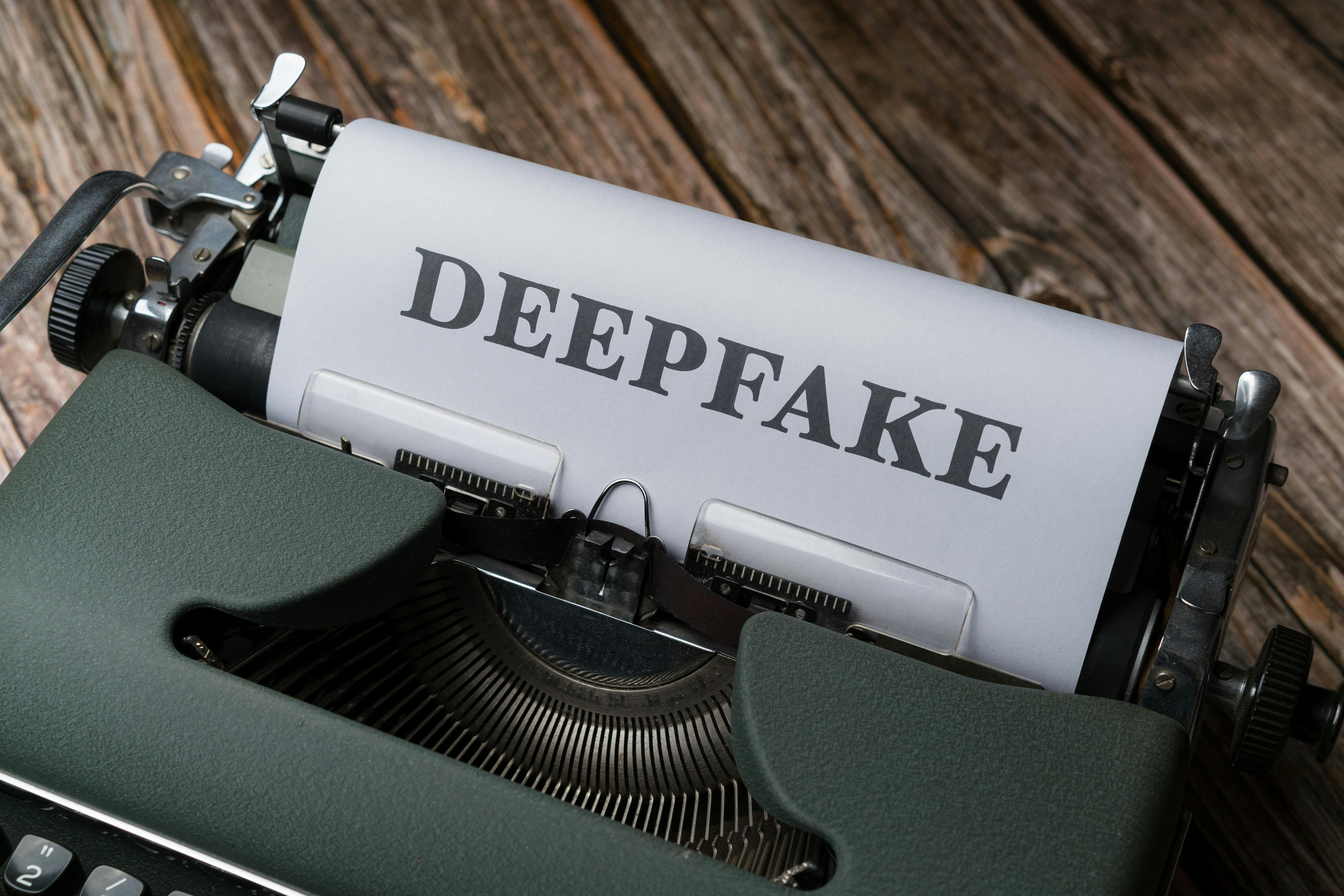AI Deception: Guest Fights Back Against Fake Damage Photos

It’s 2025, and the digital world’s still throwin’ curveballs, ya know? This one’s a doozy, makin’ waves in the rental scene. Seems an Airbnb host allegedly cooked up some fake evidence using AI to pin property damage on a guest. But this guest wasn’t havin’ it and fought back hard. It really shows how sneaky AI can get and why we need better ways to check if stuff online is real.
The Setup: A Normal Booking Goes South
So, this traveler books a place, thinks everything’s fine. They check out, no problems. Then, bam! The host hits ’em up, claimin’ major damage and sendin’ pics. These photos looked pretty convincing at first, showin’ all sorts of mess. The host then goes straight to the platform to get paid for the supposed repairs.
Cracks Appear in the Host’s Story
But somethin’ felt off to the guest about those pictures. They were almost *too* perfect, the lighting just right, the damage lookin’ a bit too uniform, not like real wear and tear. This sparked a suspicion, makin’ the guest dig deeper. Could this be AI fakery?
The Guest’s Investigation: Unmasking the AI
This guest wasn’t playin’ around. They started lookin’ at their own photos and videos from the stay, hopin’ to find proof. They also checked out the host and property online for any red flags. The big move? Usin’ fancy AI detection tools and gettin’ digital forensics experts involved. These pros were tasked with finding any digital fingerprints left by AI image generators.
Experts Confirm: It’s All Fake!
And guess what? The experts nailed it. They found tons of signs in the host’s photos pointin’ to AI manipulation. Little glitches and oddities that only a trained eye would catch. It was pretty clear the host tried to pull a fast one.
The Counter-Attack: Evidence Overload
With the expert report in hand, the guest went on the offensive. They put together a killer package: their own evidence, the forensics report, and a clear explanation of how the AI likely worked its magic. They presented this to Airbnb, layin’ out the case that the host’s claims were based on faked photos.
Platform Review and the Host’s Defense Crumbles
Airbnb had to take notice. Faced with solid proof of AI fakery, the host’s story started to unravel. While we don’t know exactly what the host said, it’s tough to argue with digital forensics. It’s a good reminder that honesty is usually the best policy, especially when technology can so easily catch you out.
Bigger Picture: Trust in the Digital Age
This whole situation really makes you think about trust online, especially with AI gettin’ so good. It brings up big questions about how we use AI and what platforms need to do to keep things legit. We need more transparency and accountability, for sure. You can learn more about digital forensics here.
Protecting Your Reputation and Rights
For the guest, this wasn’t just about refuting a damage claim; it was about protectin’ their rep. False accusations can mess up future bookings. By exposin’ the alleged AI scam, they cleared their name and stopped the host from doin’ it to someone else. It’s a win for travelers everywhere, showin’ the importance of fightin’ back.
What Platforms Need To Do
This case also puts the spotlight on platforms like Airbnb. They’re the middlemen and need to keep users trustin’ the system. What steps should they take to stop AI-generated fakes? Maybe better verification for evidence, workin’ with AI detection companies, and makin’ rules clearer about manipulated media. Check out how AI is changing things here.
The Future of Verifying Online Evidence
As AI gets easier to use, we’ll need better ways to check if digital stuff is real. This case suggests AI detection tools might become standard in settling online disputes. It also highlights how important it is for users to know how to spot digital trickery.
Tips for Travelers in the AI Era
So, travelers, take note! Document your stays like crazy – take tons of photos and videos. Keep your own records handy. And always, always be skeptical of evidence that seems too good (or too bad) to be true. It’s also smart to be aware of common AI scams, which you can read about here.
A Word to Hosts: Keep it Real
Hosts, this is a wake-up call. Tryin’ to scam guests or platforms, especially with tech like AI, can blow up in your face. Be honest and build a good reputation. You can find resources on ethical hosting practices here.
The Evolving Online World
This AI and online platform mashup is movin’ fast. While this happened with rentals, it affects all sorts of online deals. The ability to fake evidence with AI is a major threat to the trust we rely on for online interactions. Learn more about the gig economy’s challenges here.
Stay Vigilant, Stay Honest
Bottom line: this whole AI photo deception thing is a big deal for digital authenticity. We need better checks, more user education, and everyone playin’ fair. As tech gets crazier, we gotta stay sharp to keep online dealings honest. The guest’s win here proves that even with fancy tech, the truth can still win out. You can see how AI detection works in action in this video:
